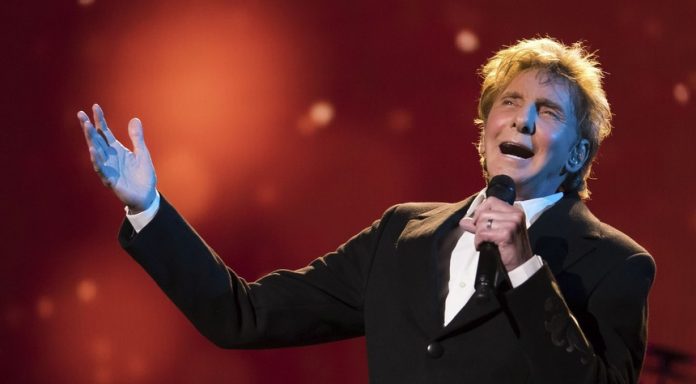Barry Manilow and Neil Young are joining forces to threaten to abandon Spotify over their decision not to give Joe Rogan’s podcast a platform despite COVID-19 misinformation.
Young began another stereotypical left-wing movement against opposing opinions when he called the music streaming platform a “very harmful force via its public misinformation, lies about COVID,” in a statement posted on his website.
His website is called Neil Young Archives. I couldn’t even copy and paste the quote above because it was outdated technology.
Spotify has now removed Young’s music from the service, much to everyone’s surprise.
We want Spotify users to have access to all of the world’s audio and music content. This responsibility comes with great responsibility to ensure that both creators and listeners are safe. According to The New York Times, Spotify responded that they have content policies and had removed more than 20,000 podcast episodes about Covid since the outbreak. “We are sorry Neil decided to delete his music from Spotify, but we hope to have him back soon.”
Barry Manilow is the “Copacabana” singer and now he’s following his lead, which has earned him both praises and mockery on social networks.
Manilow’s music was still available on Spotify as of Friday morning. Although Rogan’s demands are not binding on these artists, Young and Manilow have made it clear that they will only agree to performative activism. These artists are both wealthy enough to ensure that Spotify revenue does not affect their bank accounts. They also know that Rogan will always win this fabricated battle.
According to Nielsen and Spotify data, “The Joe Rogan Experience” averages about 11 million viewers each show. Rogan’s departure would be one of most absurd business decisions in media. Even if they did, Rogan’s audience is large enough to ensure he has a loyal following wherever he goes.
Celebrities who disagree with Rogan should demand an interview on his show. This would allow them to be seen and heard, as well as allow them to present a compelling case for their views.
Answer: There is always more speech than there is.




